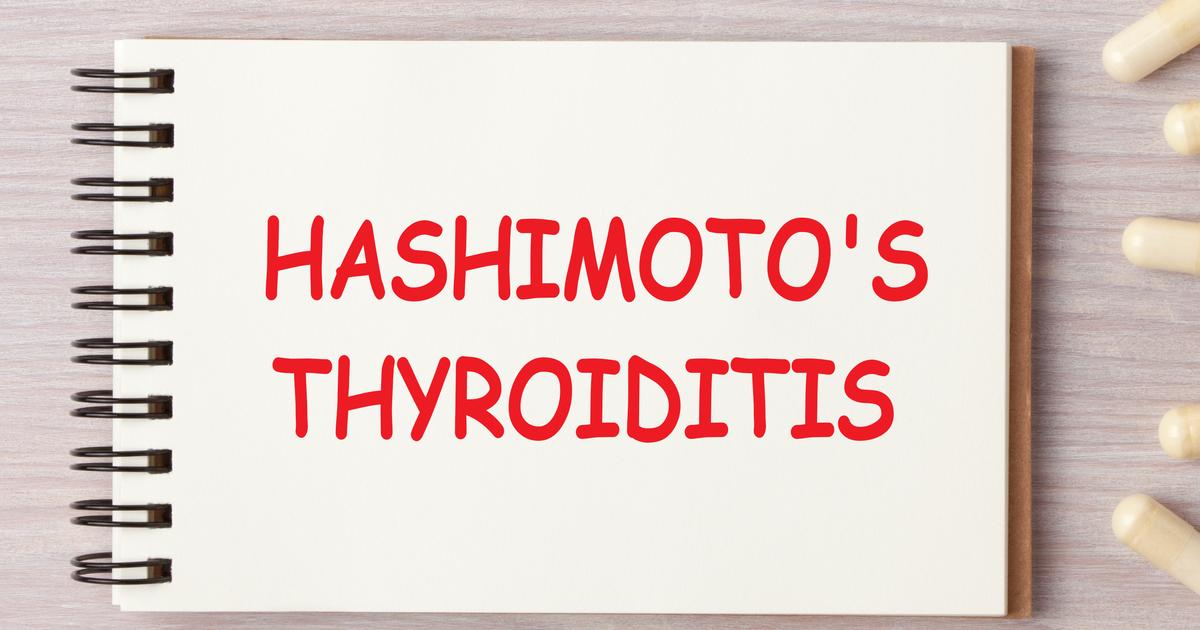What Are The Types Of Thyroiditis?
Thyroiditis describes several conditions that cause inflammation that occurs in an individual's thyroid gland that alters its function or structure. The thyroid gland is responsible for producing thyroid hormones that manage energy, metabolism, temperature, and organ function. In most cases, thyroiditis is caused by an attack by the immune system on the thyroid gland. However, some cases may be caused by a viral or bacterial infection or may be induced by the use of certain drugs.
Symptoms of thyroiditis are similar to those that occur in hypothyroidism, including weight gain, dry skin, reduced exercise tolerance, fatigue, constipation, and depression. Other types of thyroiditis cause hormones to leak from the gland, placing excess amounts of thyroid hormone in the blood. Symptoms that occur in these forms include insomnia, fatigue, irritability, anxiety, palpitations, and weight loss.
Hashimoto's Thyroiditis

Hashimoto's thyroiditis is a type of thyroid inflammation that causes the hormone-producing function of the thyroid gland to become impaired. Hashimoto's thyroiditis is the most prevalent form of thyroiditis among the general population that causes hypothyroidism. It can affect men and children of any age, but is most prevalent among middle-aged women. Hashimoto's thyroiditis typically forms over several years and gradually causes damage to the patient's thyroid gland tissues.
Eventually, the thyroid gland is no longer able to produce enough of the hormones the body demands. It is at this point when symptoms of hypothyroidism will become apparent. Hashimoto's thyroiditis is autoimmune or caused by antibodies the patient's immune system has inappropriately produced. Individuals who leave their Hashimoto's thyroiditis untreated may experience complications, including goiter, heart problems, mental illness, myxedema, and birth defects.
Acute Thyroiditis

Acute thyroiditis is a type of thyroiditis caused by a painful and aggressive infection that occurs in the thyroid gland. Acute infectious thyroiditis is a rare form of thyroiditis that may affect individuals of any age, but is more prevalent among children. The thyroid gland is well protected within the body from pathogens, which is why this form of thyroid inflammation is rare. An individual affected by this form of thyroiditis will experience a sudden onset of tenderness and pain in one side of their neck, fever, chills, neck area enlargement, a movable lump in the neck, pain when swallowing, and swollen lymph nodes.
Thyroid hormone levels in acute thyroiditis patients tend to stay stable, but some cases may produce hyperthyroidism or hypothyroidism. An individual affected by acute thyroiditis can develop an abscess that can be challenging to treat through the use of systemic antibiotics. Long-term thyroid gland dysfunction is a rare complication that may also occur in some patients.
